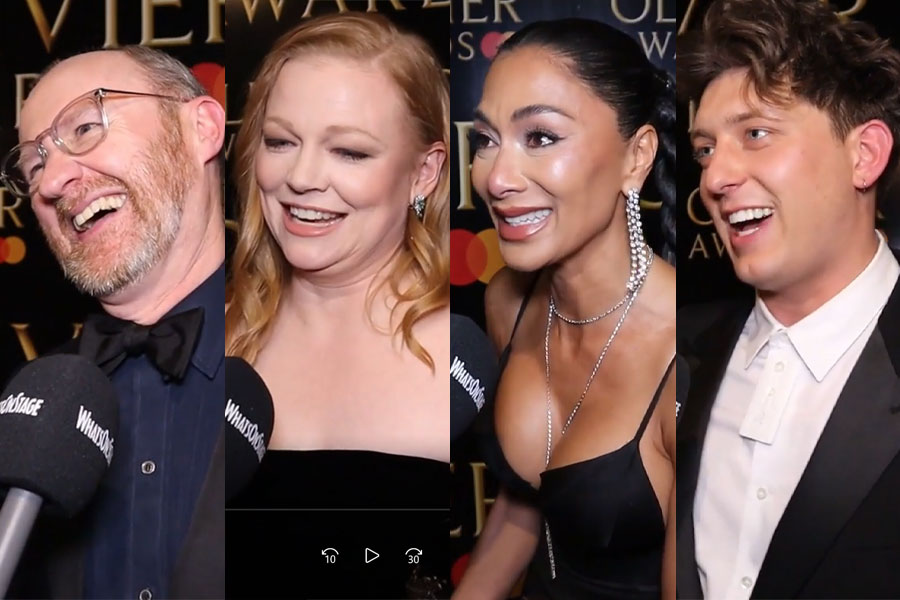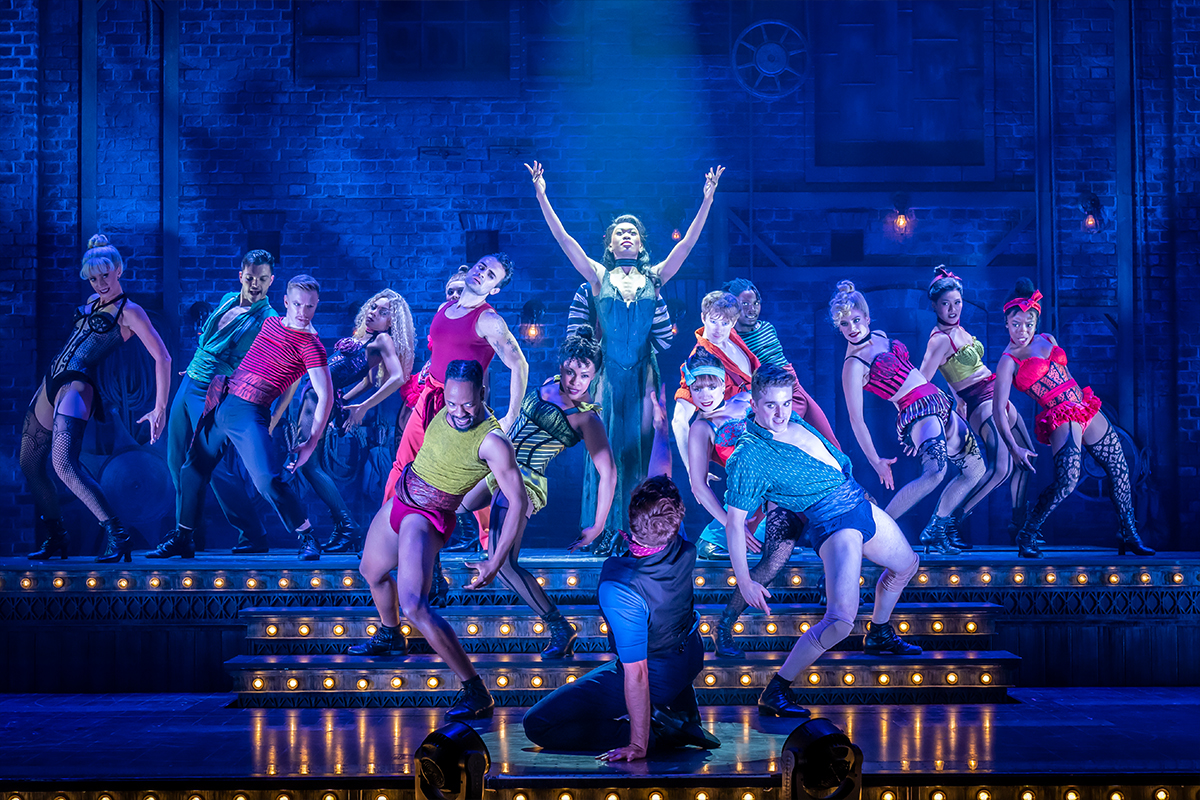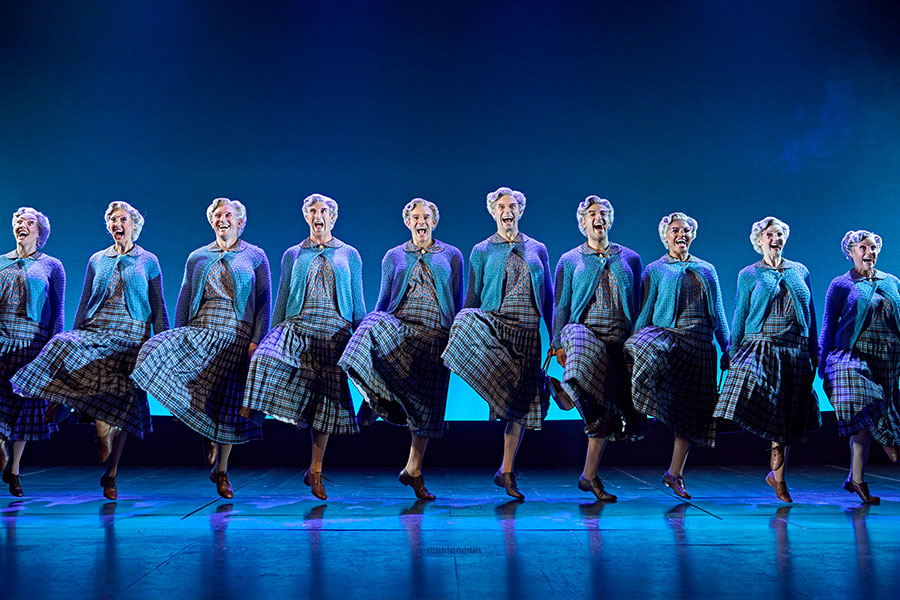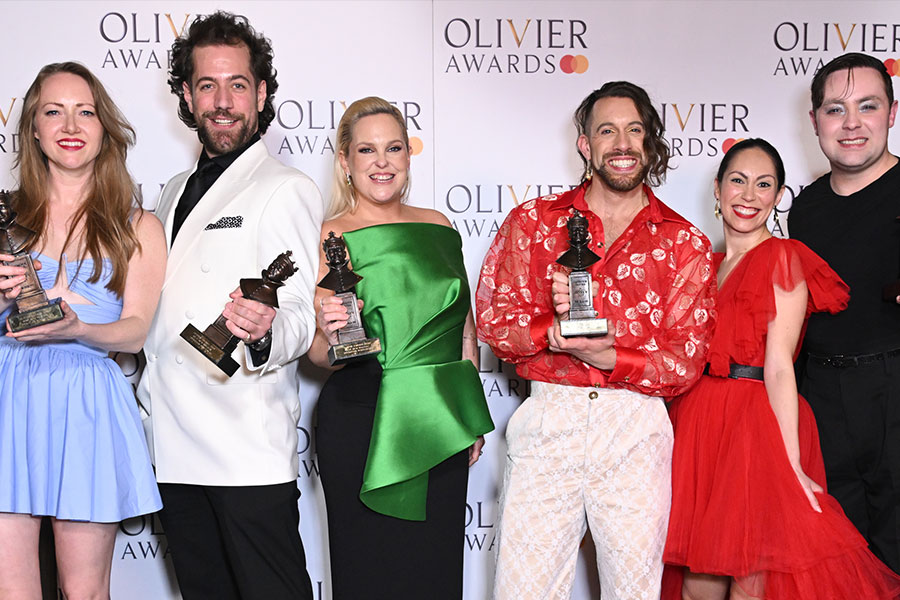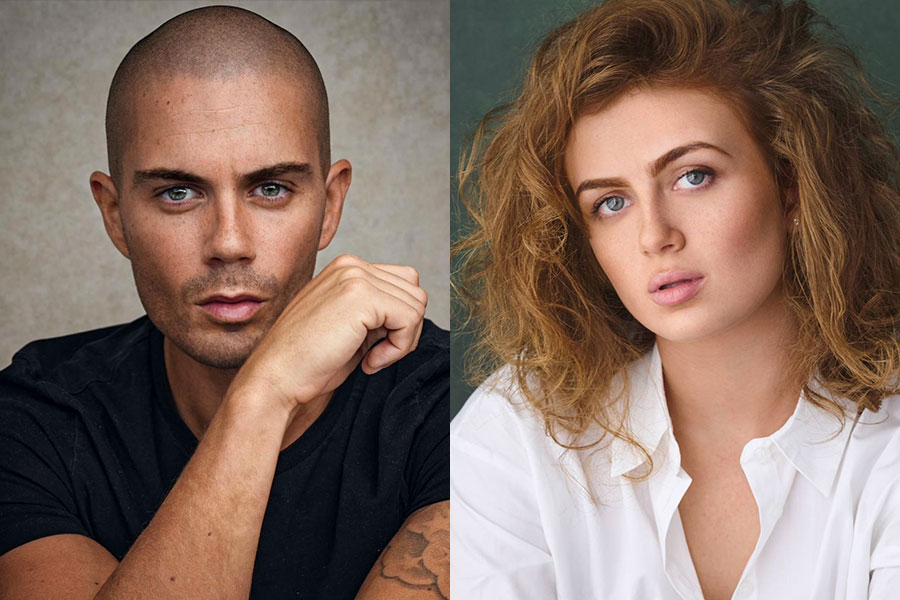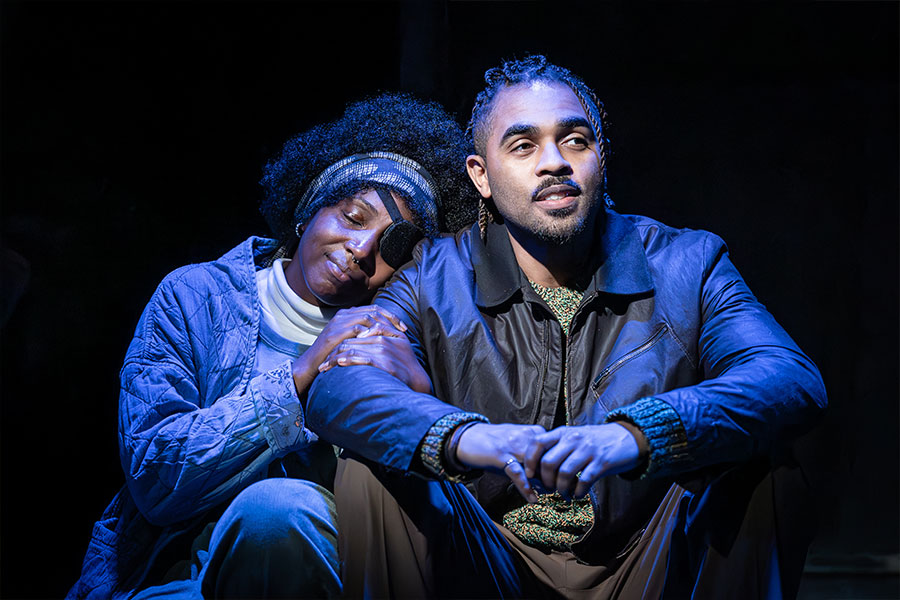Review Round-up: Verdicts in on Winslow Boy
Directed by Olivier-Award winner Lindsay Posner, the drama centres around 14-year old Ronnie Winslow and how his troubles affect the relationship with his father, Arthur.
Ronnie (played by Charlie Rowe) has been expelled from the Osborne Naval Academy for a crime he swears he did not commit, and his father (played by Henry Goodman) will go to great lengths to defend him.
The Winslow Boy continues at the Old Vic until 25 May.
Michael Coveney
Whatsonstage.com
★★★
Rattigan’s perfectly crafted drama deploys information and narrative over two years while charting upheaval and change in all the characters’ lives: the financial costs, and the notoriety of the case, affect Dickie’s career – he leaves Oxford and buckles down as a banker, and Catherine’s private life… Ironically, Ronnie himself is happily accommodated at a new school, which raises the further question: is all of this worth going through? Rattigan’s play, set on the brink of a world war and first performed at the end of another, embodies a great truth about human rights and democracy by insisting that no cause is too trivial, ever, and that justice is merely the secondary, executive companion of fairness.
Charles Spencer
Daily Telegraph
★★★★★
It’s undoubtedly a well-made play, but not one made in the way we might expect. That is part of its genius. But it’s the humanity of the drama that makes it shine. The great Henry Goodman movingly shows the terrible toll the case inflicts on Ronnie’s father. He seems to age and weaken before our eyes and there is a deeply poignant passage when he appears to lose his fierce resolve. The scene between this stern paterfamilias and his terrified son (excellent Charlie Rowe) in the first act is also deeply moving. Naomi Frederick is superb as the Suffragette daughter who sacrifices her own happiness to the pursuit of justice; Peter Sullivan has exactly the right cold-hearted dash (and a hint of something warmer) as the brilliant barrister, and there is a performance of touching comic perfection from Jay Villiers as one of Catherine’s suitors. But there isn’t a weak link in the cast while the play itself is as near flawless as makes no difference.
Laura Silverman
Arts Desk
★★★★
Terence Rattigan’s beautifully spoken characters are a passionate lot in this gripping story of a father’s fight to prove his son’s innocence. Lindsay Posner‘s production of the 1946 play succors and seduces its audience with an unstoppable determination to prove that right will be done. Its methods may not be subtle, but its effects are no less stirring… or this play to work, the audience must believe Ronnie’s innocence. Peter Sullivan is wonderful as the arrogant barrister Sir Robert Morton: snarling, squinting and reddening in the face while cross-examining the 14-year-old Ronnie. Charlie Rowe, 16, is terrifically convincing as the schoolboy protesting his innocence in brilliantly crisp tones… If this production has a weakness, it is that it never shows, despite verbal references, that the Winslows’ finances are stretched. Over two years, the ornate furnishings – the Constable-style paintings and the emerald velvet chairs (part of Peter McKintosh’s elegant set).– remain untouched. But this is not a fatal blow. Since revivals in 2011 to mark the centenary of Rattigan’s, the playwright has scarcely been more fashionable. This revival suggests this is where he will stay. It is a Winslow Boy for today.
Siobhan Murphy
Metro
★★★★
There’s a handsome sturdiness to Lindsay Posner’s production of Terence Rattigan’s well-wrought drawing room drama. The Winslow Boy, written in 1946, is undoubtedly old-fashioned but, in this Rattigan renaissance era, the qualities that make it a robust piece of theatre are here heartily celebrated… Among an excellent cast, a commanding Henry Goodman finds an engaging balance between Arthur’s stubbornness and belief in simple fairness: he seems to physically shrink as the strain works itself into his core. Charlie Rowe’s Ronnie, in contrast, neatly captures a young teen’s carefree attention-deficiency, going from convincing contained panic at his situation to blithely missing his own case verdict… The climactic scene where Ronnie is interrogated by the barrister considering taking his case has lost its surprise element thanks to endless TV courtroom dramas employing the same trick… Posner can’t stop some moments feeling a tad stodgy. But the richness of Rattigan’s argument for the rights of the individual – also captured in Arthur’s daughter Kate’s struggles with suffrage and suitors – is warmly embraced, and its relevance to modern times feels obvious and urgent.
Henry Hitchings
Evening Standard
★★★★
The Winslow Boy is among Terence Rattigan’s best work, a drama of stately simplicity – the kind of well-crafted piece it’s easy to accuse of being dated, though in fact it surprises with its sharp interest in the media frenzy over an apparently trivial event… Although many of the story’s key incidents happen in court, we never see any location except the Winslows’ orderly drawing room in South Kensington. Instead of watching the legal to-and-fro, we focus on the human cost of doing the right thing. At root, this is a play about what it means to be strongly attached to principle… Lindsay Posner’s elegant production makes the play seem funnier than usual, though none of its poise and poignancy is lost. What’s more, we believe in the Winslows as a family – which is hard to achieve. This is a respectful account of Rattigan rather than a revelatory one, and it feels too long, but it contains some exquisite moments.
Michael Billington
Guardian
★★★★
The case for Terence Rattigan has been steadily made over the past decade, and this revival of his 1946 play is only likely to advance the cause. But two things make Lindsay Posner’s production notable: what it reveals about popular attitudes towards the press, and a star performance by Henry Goodman… It’s not a perfect play. It never fully recovers from the fact that the dramatic highlight – Morton’s cruelly forensic cross-examination of the boy, Ronnie – happens in the first half. And, although Rattigan wants to show how all the family suffers in the fight for right, I can’t believe Catherine can ever really have loved her military blockhead of a fiance, who leaves her as a result of the case. But the mastery of Rattigan’s play lies in its ambivalence… much of the pleasure lies in Goodman’s astonishing performance as Arthur. He reveals the dry ironist that lurks underneath the arthritic martinet, and his disappointment at Ronnie’s initial failure to confide in him is overwhelmingly moving.




